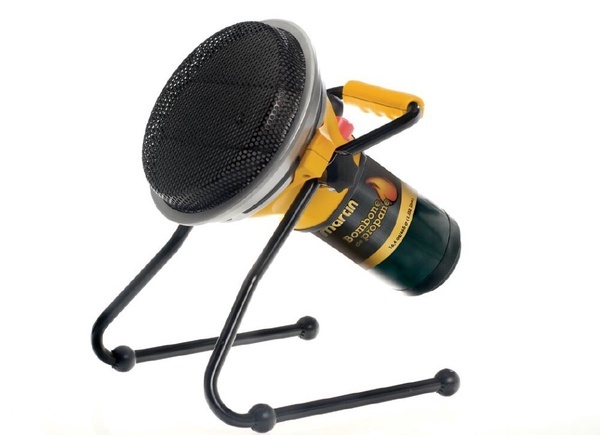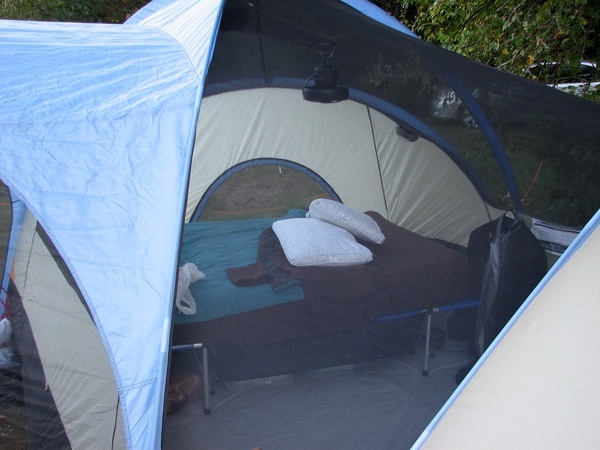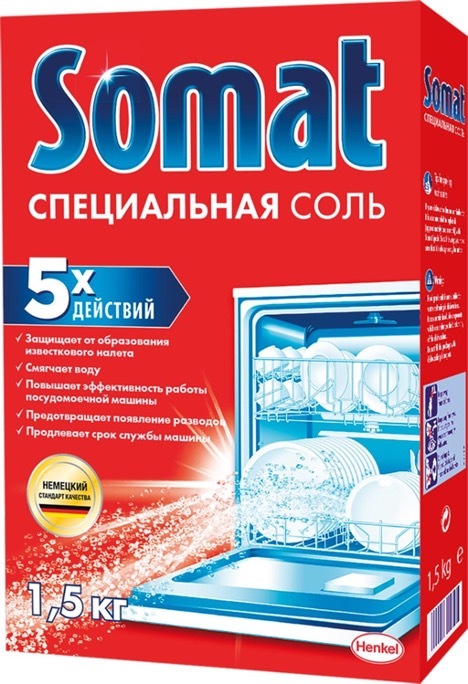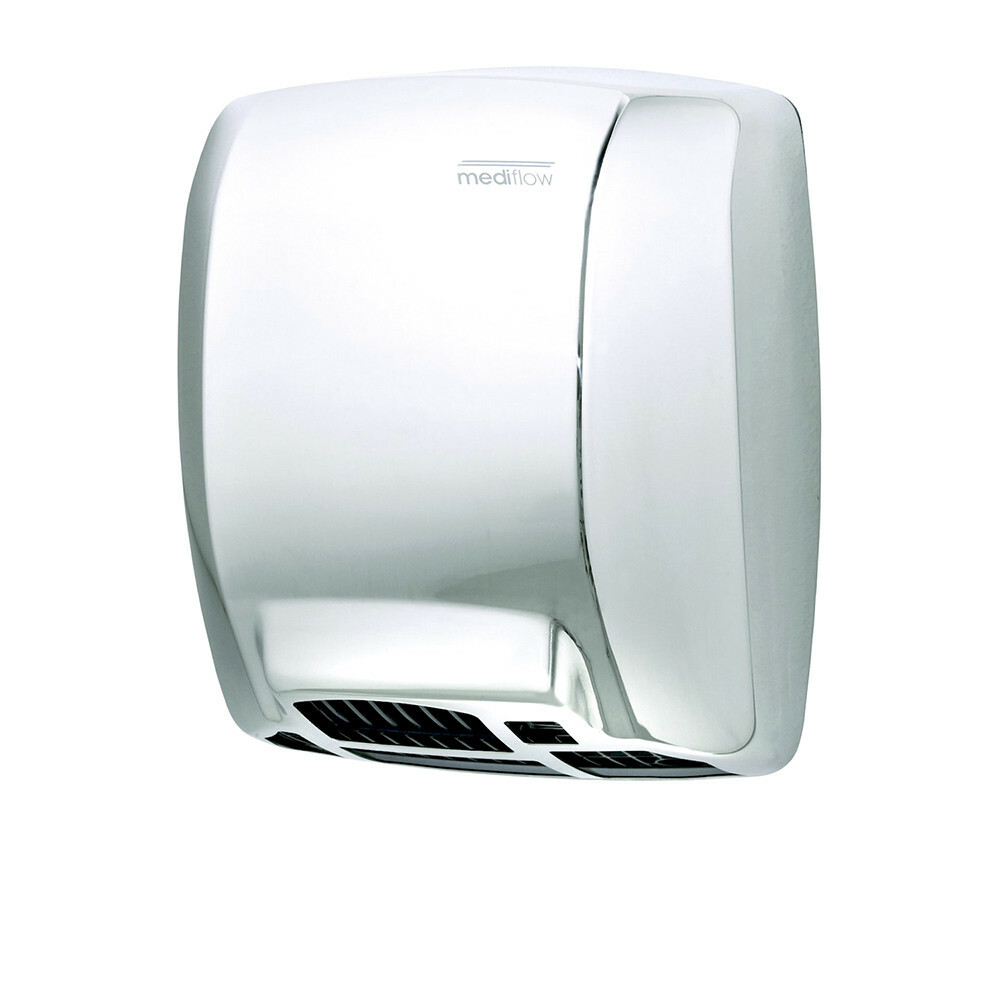
creativecommons.org
There are three types of tent heaters:
- liquid
- gas
- catalytic
Each of these species is further classified according to different criteria.
First view – liquid tent heaters.
Fuel for them is alcohol or refined gasoline. Liquid heaters are candles the size of a mug. During operation, they also remind us of candles - they burn with a bright, unprotected flame that gives warmth and illuminates the tent. The main disadvantage of this species is naked flame. In fact, liquid heaters are alcohol and gasoline burners that are used in laboratories. Tourists often use these, however, due to the high likelihood of fire, liquid models are not recommended for heating a tent.
Gasoline tent heaters come in the form of liquid heaters, but they work only on gasoline. They are a connection of the heating mechanism with a kerosene lamp. They are distinguished by their compactness, efficiency and high efficiency. A standard two-person tent will heat up in 4-7 minutes depending on the heating conditions and heater size. Among the disadvantages of such tent heaters include:
- Unpleasant smell after combustion of gasoline.
- Problems with fuel (you need to store gasoline only in specialized containers; if it is accidentally spilled in a tent, firstly, there is a possibility of fire, and secondly, it cannot be washed off in field conditions).
- Works only with high quality gasoline (poor fuel will lead to unstable operation).
Second view - gas tent heaters, they have two subspecies:
- infrared ceramic
- classic metal radiators
Gas heaters are one of the most popular types of tent heaters. Their advantages are high efficiency (they heat the tent in the same time as gasoline ones), large capacity (when hiking, every square centimeter of the backpack is important, and gas can hold much more fuel than a gas can of the same size), versatility (they can be used to heat a tent at night and for cooking during the day). For most models, the gas cylinder is connected separately. The entire heating mechanism is a nozzle on the cylinder, connected through a reducer with a flexible hose or collet. There are also models with built-in cylinders.

creativecommons.org
Ceramic emitters are one of the types of nozzles for cylinders. The gas burns in a separate container, the generated heat and light pass through the infrared coating. This radiation is absorbed by objects in the tent. This method allows you to use fuel more efficiently than other types of heaters. The advantage is that the power and intensity of the flame can be adjusted. It is recommended to first turn on the device at maximum power in order to warm up the tent faster, and then turn it down.
A similar principle of operation for metal emitters - the gas burns in a container, after which it simply passes through a metal guide. Metal heaters differ from ceramic heaters in the absence of an infrared coating, lower efficiency and greater durability.
Third view - catalytic - the most popular type for heating camping tents. Heating occurs due to an exothermic chemical reaction. That is, the fuel does not burn - but decomposes. To speed up the reaction, catalysts are used, which speed up the process of fuel decomposition. Gas catalyst heaters have large dimensions, so they are more often used in large and camping tents. Gasoline catalytic heaters can fit in your hand, so they are used to heat small tents (up to three people).
When using liquid and gas heaters, make sure the tent is ventilated. As a result of fuel combustion, exhaust gases are released. If they completely fill the tent, you may suffocate. Make sure your tent is well ventilated.
How to choose a tent heater? Before buying a device, you must decide in what conditions it will be used.
For example, you are going on a hike, how do you plan to get around - on foot, by car or other transport? In the first case, the compactness of the device is important. How many people will live in a tent? You are alone - the simplest heater is enough. Two / three - a medium power device is suitable. Four or more are overall and powerful devices. Is your tent well ventilated? Yes - gas, liquid and catalyst are suitable. No - it is recommended to use only catalytic converters. Also consider how long your trip will last, what weather conditions are, how important mobility is, and more.
The best option would be a catalytic heater. It is efficient, practically does not emit exhaust gases, and is suitable for large and small camping tents.
You can buy such devices in any tourist and some fishing / hunting stores. If they are not available in your locality, you can order them in online stores.


